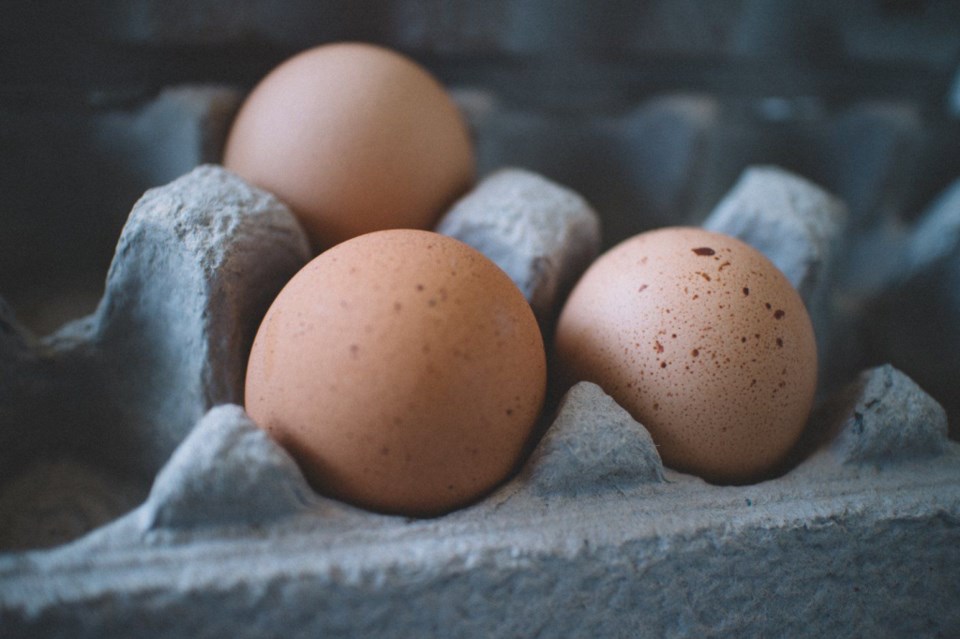Turkey, chicken and egg farmers will soon receive federal support to offset losses stemming from a trade deal allowing more international imports of poultry and eggs.
The Ministry of Agriculture announced this month that $691 million will be distributed over the next decade to the country’s 4,800 chicken, turkey and egg farmers. International imports of poultry and eggs were upped when Canada signed on to the Comprehensive and Progressive Agreement for Trans-Pacific Partnership (CPTPP), a free trade deal with 10 countries in the Asia-Pacific.
It follows a December announcement from the feds guaranteeing $1.4 billion in the next three years for dairy farmers, also as compensation for the impact of recent trade deals.
This week’s announcement is welcome news for the British Columbia Chicken Growers Association, which says the province’s industry faces a unique set of obstacles.
“B.C. is a high-cost province because we have to bring all our feed into B.C. That’s definitely a challenge in British Columbia compared to other provinces that are closer to their food supply,” said Jennifer Curtis, associate manager for the association.
“This is good news. It’s the news farmers have been waiting for.”
The support will come in two programs: one that will direct $630 million to egg and poultry farmers by funding operation improvements, and one that will fund promotional activities for turkey farmers ($36.5 million) and chicken farmers ($25 million).
Under the CPTPP, 19 million dozen more eggs each year can be brought into Canada. Combined with two other trade deals, CUSMA and WTO, the deals mean seven per cent of combined market access for current domestic egg production — the equivalent of all of Atlantic Canada’s egg output.
Agriculture and Agri-Food Minister Marie-Claude Bibeau acknowledged the industries’ struggle at an April 13 press conference. The implementation of the country’s supply management system in the 1960s has ensured stability in the industries, said Bibeau.
“It assures a supply of high-quality, Canadian-grown products for consumers produced with respect to animal welfare and the environment,” she said.
“At the same time, we fully recognize that the CPTPP will have an impact on the poultry and egg sectors. Our governments have pledged to fully and fairly compensate all the supply management sector for market losses from their recent trade agreements.”
Intake for the funds will be launched later this spring, with up to 70 per cent of the project costs covered by the government — and that hops to 85 per cent for young Canadian farmers (35 years old and under as of Jan. 1, 2021), a demographic that has been hit especially hard in the industry.
“A producer could use the funds to improve ventilation, feeding, lighting, seating or guard design or invest in wind or solar energy to reduce costs and their environmental footprint,” said Bibeau.
Darren Ference, an Alberta turkey farmer and chair of Turkey Farmers of Canada, is excited for his industry to start receiving funds. He says the CPTPP opened access to 71 per cent of the domestic turkey market, and that concern has been bubbling in the sector since the deal.
“The CPTPP will have a direct impact on each dirty farmer in this country and our farmers have expressed their worries,” he said.
“... Mitigation support in the form of market development and investment programs will ensure that turkey farmers can continue to deliver safe, nutritious, high-quality turkey raised with the highest animal welfare standards to Canadian consumers.”



